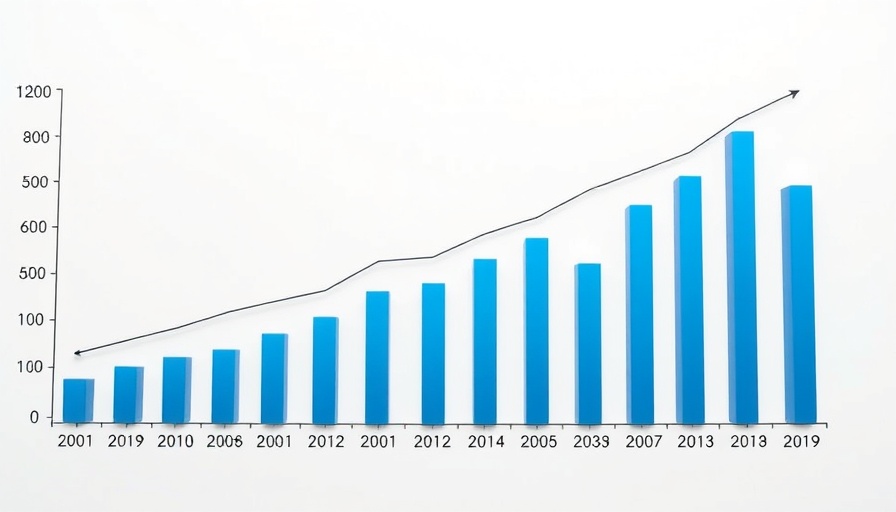
PC Gaming Hardware Market Sees Unprecedented Growth
The global PC gaming hardware market is on the brink of a remarkable transformation. According to a recent report from Jon Peddie Research (JPR), the market is projected to grow by an astounding 35% in 2025, reaching a value of $44.5 billion. This surge is largely driven by the migration to Windows 11, which necessitates significant hardware upgrades for more than 100 million gamers.
Forced Upgrades: A Major Factor in Market Growth
One of the most interesting factors contributing to this boom is the unique requirement of upgrading not just graphics cards but entire systems. Ted Pollak, JPR's senior analyst of game technology, points out that many gamers are compelled to purchase new prebuilt systems instead of upgrading their existing setups. The migration to Windows 11 includes a necessary CPU upgrade, which typically requires a new motherboard and RAM, prompting even experienced DIY builders to invest in new systems.
The Shift in Demographics: Who is Leaving the PC Gaming Scene?
While the overall market is expanding, JPR forecasts a concerning trend for entry-level gamers: an estimated 13% decrease is anticipated in the entry-level gamer population over the next five years. This forecast translates to more than 10 million gamers potentially leaving the PC gaming platform completely, swayed by the allure of consoles and mobile devices that offer more budget-friendly options.
However, it's not all doom and gloom for PC gaming enthusiasts. Some entry-level gamers are choosing to upgrade to mid-range and high-end systems, thereby enriching the market at the upper tiers rather than vanishing altogether. This reflects a nuanced shift rather than a straightforward decline.
Understanding Consumer Behavior and Purchase Motivations
The growing interest in premium systems directly correlates with consumers’ motivations to play immersive video games. JPR employs a purchase motivation model that not only captures the revenue potential but also the changing dynamics in consumers’ preferences. Gamers today are looking for the optimal hardware that can support demanding titles, making informed choices about investing in technology that enhances their gaming experience.
Market Adaptation: What Lies Ahead?
The implications of this market growth extend far beyond sales figures. Companies involved in manufacturing or distributing gaming hardware—ranging from semiconductor firms to system integrators—are also poised to benefit from enhanced demand for their products. For these businesses, JPR’s PC Gaming Hardware Market Study offers critical insights into consumer behaviors, potential sales forecasts, and market segmentation. This comprehensive data acts as a valuable resource for strategic planning in product releases and marketing approaches.
The Technological Revolution in Gaming Systems
The transition to Windows 11 marks a revolutionary shift in gaming technology that warrants attention from both hobbyists and professionals. Modern gaming demands not only hardware that operates efficiently but also supports a plethora of applications. This is pushing many gamers to invest in more robust systems than ever before, ensuring a compelling landscape for hardware vendors.
Conclusion: The Future of PC Gaming Hardware
The future of the PC gaming hardware market signifies a critical juncture where technology and consumer desires intersect. As companies continue to navigate this evolving landscape, they must adapt their strategies to align with shifts in consumer behavior and technological advancements. For those eager to dive deeper into market analysis or considering investment opportunities within the industry, staying informed is paramount.
 Add Row
Add Row  Add
Add 




Write A Comment